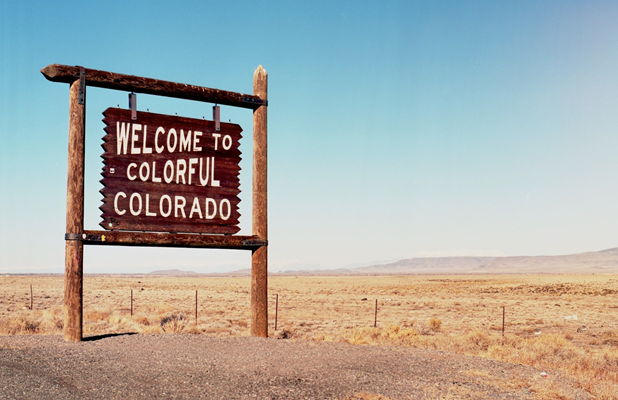A court in Colorado has announced that Donald Trump can’t be on the Republican primary ballot in March because the 14th Amendment somehow prohibits that.
This is wrong on at least three levels.
First, it’s wrong because the Republican Party is a private organization. The courts have absolutely no authority to tell it who it can or can’t nominate to run for president.
Second, it’s wrong because there was no insurrection! (We know that there was no insurrection because there were no guns!) So, there is no reason to invoke the 14th Amendment.
Third, even if there was an insurrection, Trump hasn’t been convicted of participating in it. He — and, more importantly, anyone who supports his candidacy — is being punished on the basis of a mere accusation. This turns the whole idea of due process — which is guaranteed by the 14th Amendment! — on its head.
To its credit, the Colorado GOP has said that it will ‘withdraw from the primary and convert to a pure caucus system’ if the decision is allowed to stand, which is what it should be doing anyway, rather than using the state’s resources to fund and operate its private, internal processes. So that would create a great bandwagon for parties in every state to jump on. (I’m looking at you, NH GOP.)
But there is a silver lining here, which is that we are being presented with an opportunity to return presidential elections back to a constitutionally sound basis.
That is, suppose that the decision stands: Trump becomes the national nominee of the GOP, and the state of Colorado refuses to list him on the ballot. Colorado is controlled by Democrats, so there is probably not much that could be done about that.
But there are a lot of states that are controlled by Republican legislatures, and the Constitution says that those legislatures can send whatever electors they want to the Electoral College.
If the normal election process has become corrupted to the extent that the party in power is using its power to deny ballot access to the strongest candidates from other parties, this is exactly what those legislatures should do: They should vote, as a state, for the presidential candidate that is favored by the legislature.
This makes sense if you look at the plain words of the Constitution — the people choose representatives in Congress, and the states choose a president.
Sometimes, out of the muck — because of the muck, actually — something wonderful can grow.
